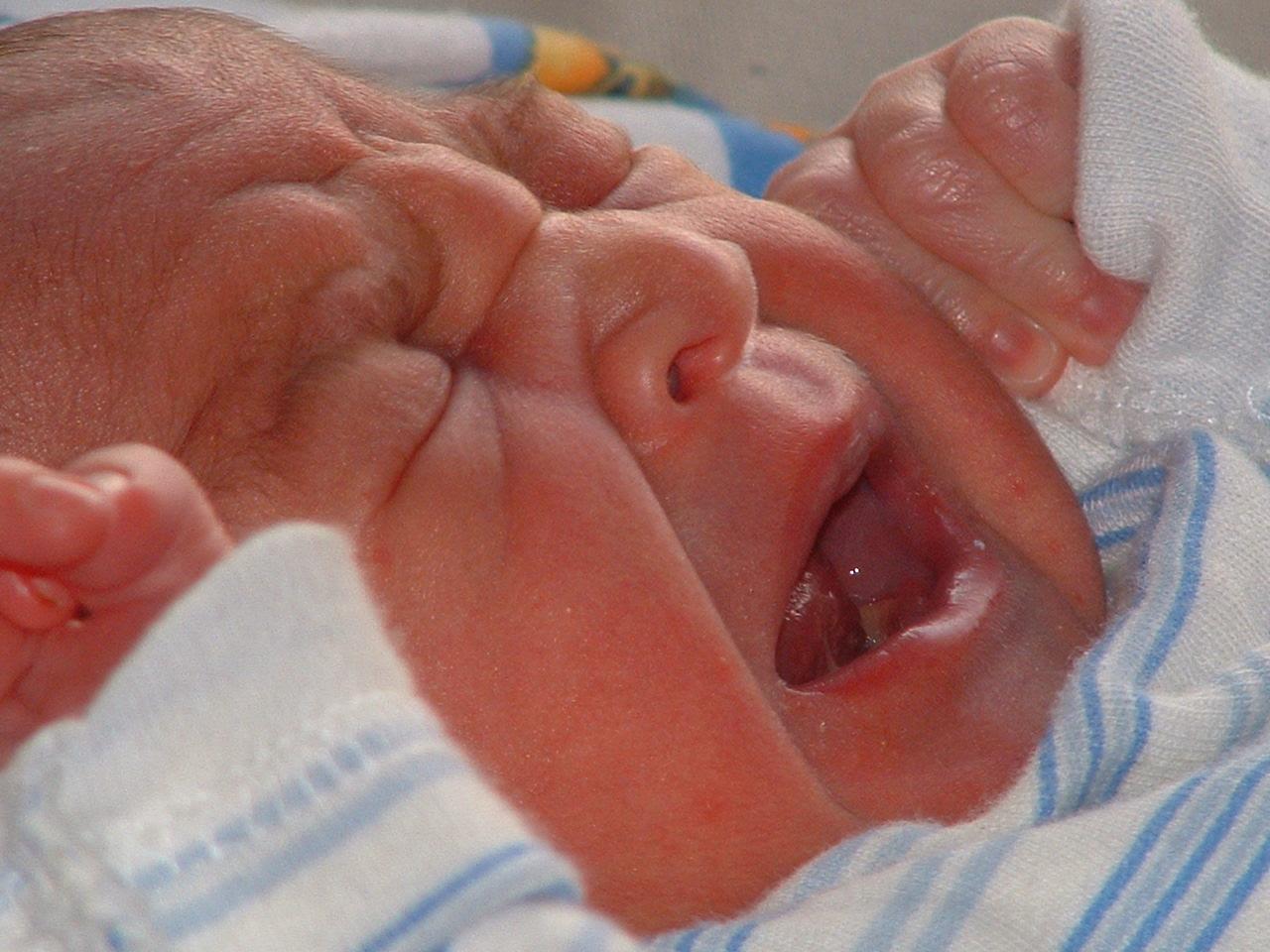Eczema is an increasingly common disease in infants and small children. According to the National Eczema Association, over two decades the number of infant eczema cases has more than doubled. Eczema now affects about 10 percent of infants. While the exact reason for the increase is unknown, many dermatologists include pollutants, modern cleaning products and chemical preservatives among the chief suspects. In reaction to the perceived chemical threat, many parents want natural treatments for their children’s eczema. Finding the right natural treatment means understanding a little about the cause and progress of eczema.
Time Frame
Eczema is rarely present at birth. It often appears during the first six weeks of life, although many children go years before their first eczema outbreak. Many children “outgrow” eczema, meaning the outbreaks vanish as they get older. About half of all children with eczema will have to deal with the condition all their lives.
Identification
The most obvious sign of eczema is an itchy rash. It’s almost impossible for a young child to resist the urge to scratch, but scratching damages the skin and may spread the condition. The rash usually starts on the face, elbows or knees. Other parts of the body may be affected later, with the hands being one of the most common sites for eczema.
Causes
Eczema is not contagious. A parent will not get it from an infant. It does tend to run in families, though the exact reason is not yet clear. About 30 percent of infants with eczema do not have a family history, so heredity is not the only cause. Outbreaks of eczema may occur when the infant comes into contact with certain triggers. These can include pollens, changes in weather or sweating during exercise. The exact triggers vary by individual.
Natural Treatment
Treating eczema means relieving the symptoms. Natural treatment means avoiding artificial ingredients and powerful medications that may have side effects whenever possible.
Moisturizing the skin helps to relieve the dryness and rash that go with eczema. Look for “natural” moisturizers with few if any chemical additives. Check the label to make sure you are comfortable with the ingredients.
Reducing emotional stress can help limit the severity and length of eczema outbreaks. Provide a calming environment for the infant, and take time to soothe and comfort the baby when he experiences discomfort due to the rash.
Certain allergens, including pollen, pet dander and dust may trigger eczema. If it becomes clear that your infant is responding to an allergen, do all you can to remove the trigger from your home and the rest of the infant’s environment. See “Additional Resources,” below, for tips on allergy-proofing your home.
Considerations
While natural treatments may help relieve many outbreaks of eczema, medical care may also be needed at times. Some outbreaks will not respond to moisturizers and other efforts. In these cases, prescription creams may be an option. Certain skin infections can lead to eczema outbreak. If your infant experiences an infection along with eczema, see your doctor. Antibiotics or other medications may be needed to control the infection and relieve the rash.
Warning
Research has shown that some imported “herbal creams” recommended for skin problems contain powerful steroids. These products may not have the correct ingredients, if any, listed on the label. Proceed with extreme caution and check with a health care provider before using any herbal cream on your child’s skin.





